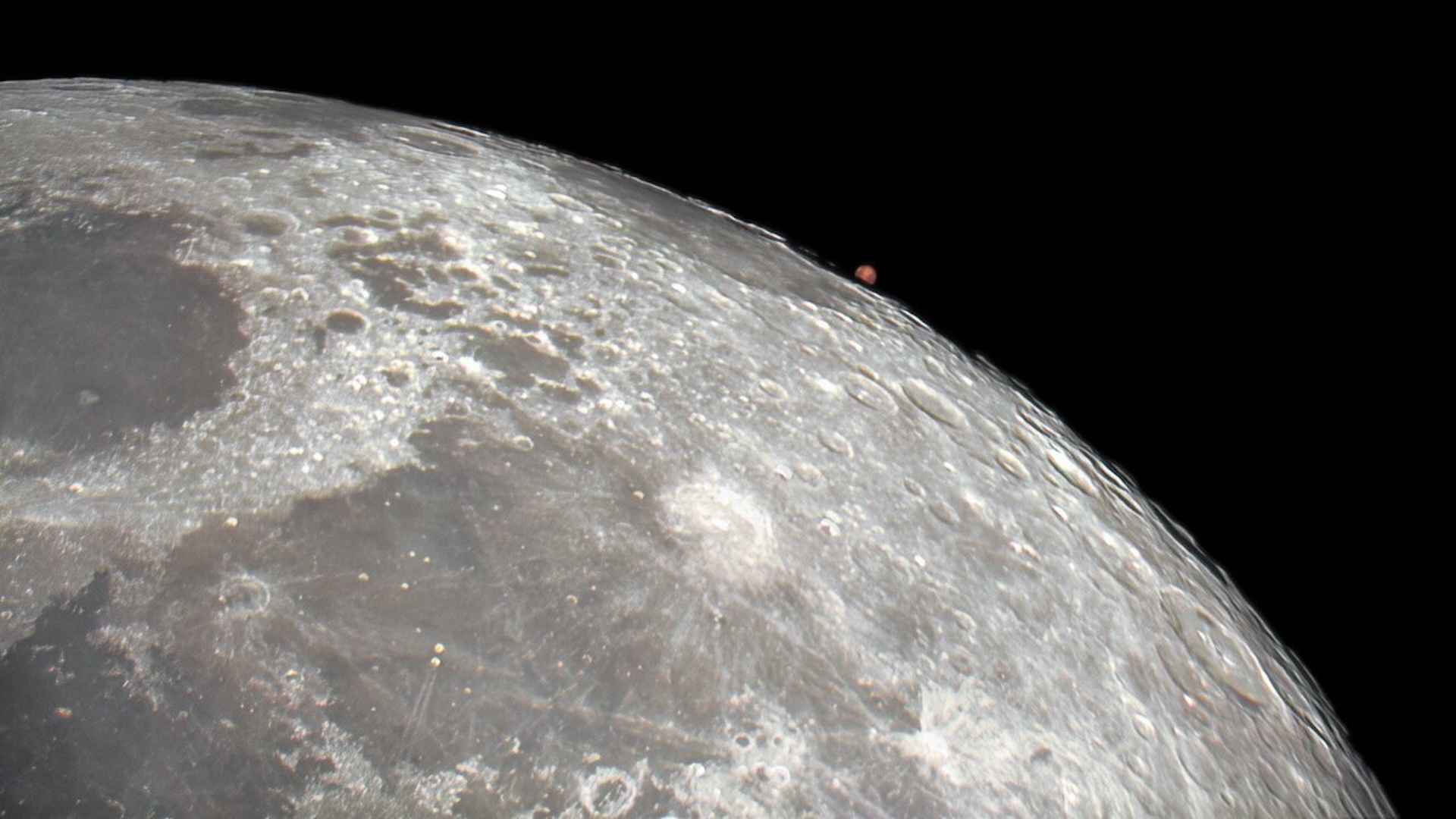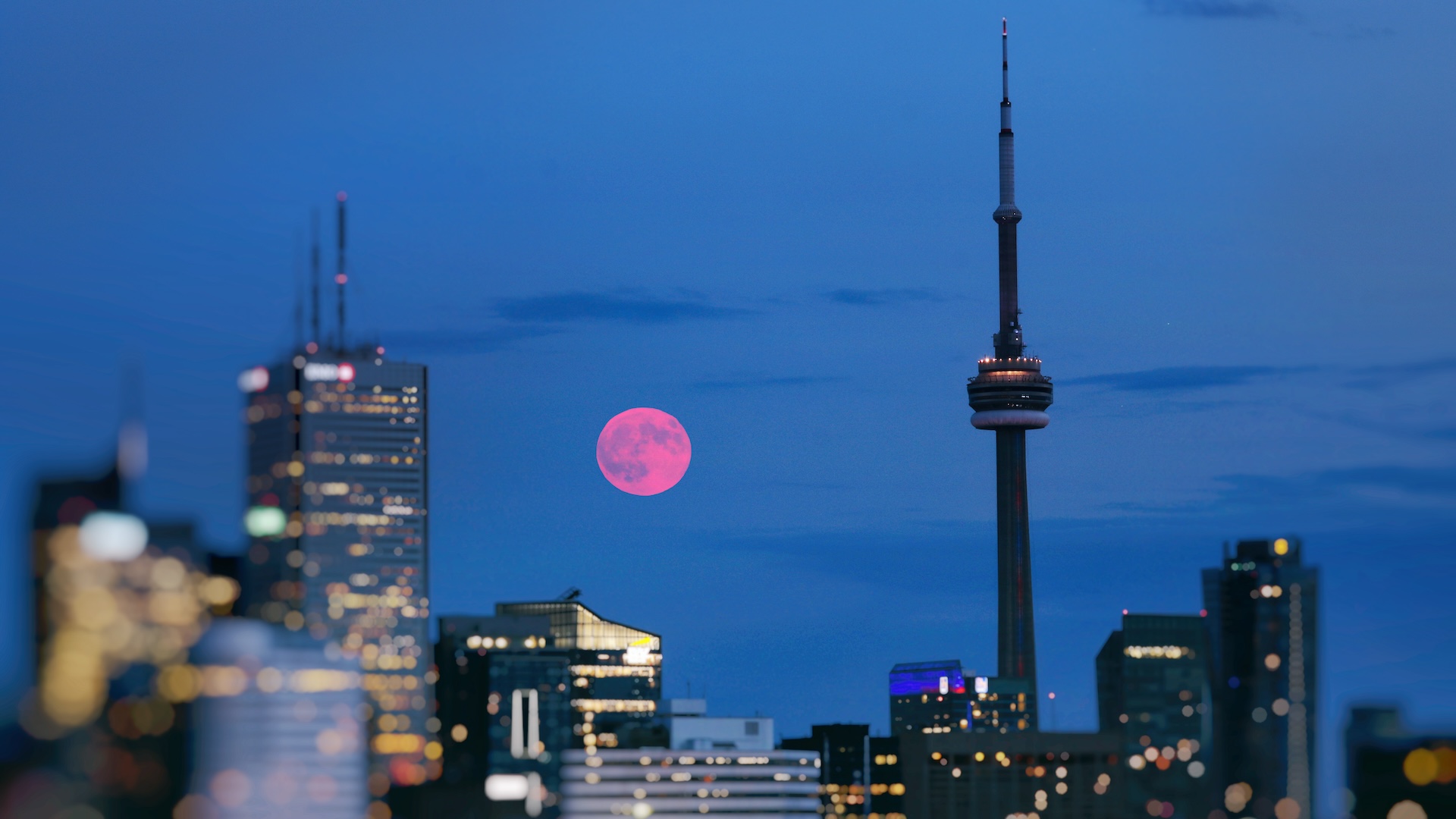Astronomy news, features and articles
Explore Astronomy
Latest about Astronomy

Northern lights ignite night sky after rare double solar eruption
By Patrick Pester published
Solar eruptions created a northern lights display in North America and Europe overnight, with more auroras expected through Thursday.

Newly 'awakened' black hole is releasing 100 times more energy than scientists have seen before
By Elana Spivack published
The quasi-periodic eruptions of X-rays from a black hole 300 million light-years away are unlike any researchers have ever seen before.

The James Webb telescope reveals the truth about a planet that crashed into its own star
By Elana Spivack published
Scientists thought they saw a distant star swallow a planet for the first time ever. But new observations from the James Webb Space Telescope suggest something very different, but equally rare, may have happened instead.

Newly discovered comet SWAN just 'erupted' with a bright, icy burst. Is it a cold volcano?
By Harry Baker published
Photos show that comet C/2025 F2 (SWAN) experienced a "major eruption," causing it to become temporarily brighter. However, it's still unclear whether the icy object is a true "cryovolcano."

Mars rises over the moon's horizon at the best possible time
By Jamie Carter published
A new image has emerged of the Red Planet rising above the lunar limb after being occulted by the moon in January.

Record-breaking 'dead' galaxy discovered by JWST lived fast and died young in the early universe
By Robert Lea published
The most distant and earliest "dead" massive galaxy ever seen shows some galaxies lived fast and died young shortly after the Big Bang.

Mercury is weird because of a 'hit-and-run' incident in its youth
By Sharmila Kuthunur published
"What surprised us, at the end, was how effective this type of impact could be in explaining Mercury's unusual structure without needing to consider multiple collisions or extremely rare conditions."

Astronomers are shocked to find our galaxy's nearest neighbor is being torn to shreds
By Ben Turner published
An analysis of star movements from the Gaia spacecraft reveals that the Small Magellanic Cloud — a satellite galaxy bound to the Milky Way — is being torn apart by its larger neighbor.

Rare quadruple supernova on our 'cosmic doorstep' will shine brighter than the moon when it blows up in 23 billion years
By Harry Baker published
A pair of white dwarfs, located just 150 light-years from Earth, appears doomed to die in a type 1a supernova that will shine brighter than anything currently visible in the night sky. But humanity — and our planet — will be long gone before this happens.
Sign up for the Live Science daily newsletter now
Get the world’s most fascinating discoveries delivered straight to your inbox.

